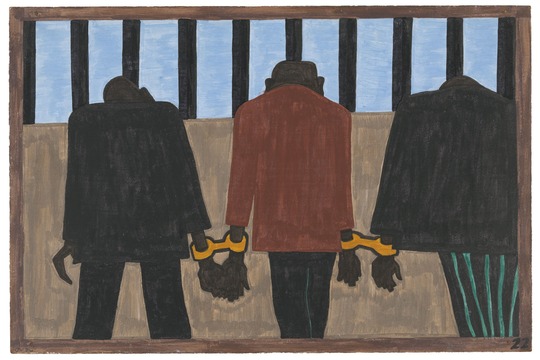Corrugated Iron Fencing
first song :
A latch of plastic, much like what police
use for handcuffs these days
tickles and caresses its fencing
in remarks of stuttered breeze:
it makes percussive sounds:
it reminds me of that tingle that ignites Lalo Schifrin's Bullitt theme,
chiming its cobalt conspirators, off-kilter.
use for handcuffs these days
tickles and caresses its fencing
in remarks of stuttered breeze:
it makes percussive sounds:
it reminds me of that tingle that ignites Lalo Schifrin's Bullitt theme,
chiming its cobalt conspirators, off-kilter.
second song :
We watched the police
attach those new-fangled
plastic handcuffs,
two men taken out, well, I say men, they were hardly 17,
broken-nosed, eyes gooseberry-puffed beneath
the shocks of expected teen-bravado,
the car looks remarkably well,
but the fence's song was stopped, nothing percussive, except the deadened-music dragging wind gave it.
plastic handcuffs,
two men taken out, well, I say men, they were hardly 17,
broken-nosed, eyes gooseberry-puffed beneath
the shocks of expected teen-bravado,
the car looks remarkably well,
but the fence's song was stopped, nothing percussive, except the deadened-music dragging wind gave it.

Handcuffs -- Jacob Lawrence
Robert L. Fish, who went on to write over 30 novels, had been an engineer for nearly 3 decades when wrote his 1st crime fiction short story. Two years later his 1st novel, "The Fugitive," won the Mystery Writers of America's Edgar Allan Poe Award. The year after that, 1963, as "Robert L. Pike," he published "Mute Witness." Actor Steve McQueen's Solar Productions acquired motion picture rights and hired Alan Trustman and Harry Kleiner to write a screenplay; while Trustman was writing the film's 11-minute chase scene he saw the 1967 British crime film "Robbery," directed by Peter Yates, and insisted that Yates should be hired to direct the new movie. Thus, "Bullitt" (1968) became Yates' 1st American film. McQueen starred, basing his character on Dave Toschi, the San Francisco police inspector who was the chief detective in the unsolved Zodiac Killer and the later Zebra murder cases. The 1969 Edgar Award for Best Motion Picture went jointly to Fish, Trustman, and Kleiner. The score was written by Lalo Schifrin. (In 1971 Schifrin composed the music for "Dirty Harry," based loosely on the Zodiac murders; after McQueen declined to play detective Harry Callahan, Clint Eastwood was offered the role, which he too modeled after Toschi.
ReplyDelete